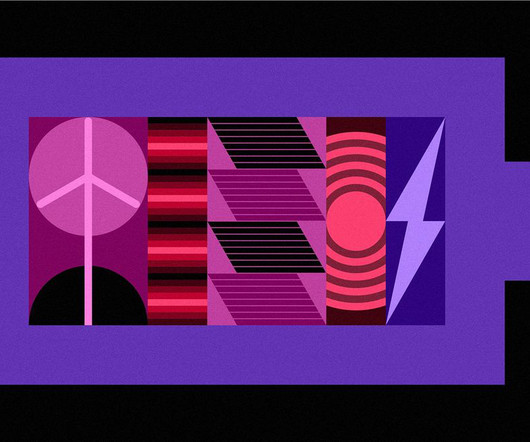Volkswagen, BASF present “Science Award Electrochemistry” to Dr. Jennifer Rupp from MIT; solid-state batteries
Green Car Congress
DECEMBER 1, 2017
The BASF and Volkswagen international “ Science Award Electrochemistry 2017” ( earlier post ) this year goes to Dr. Jennifer Rupp at MIT. The jury of representatives from BASF, Volkswagen and academia selected her for her outstanding research results in the area of next-generation energy storage systems. Dr. Jennifer L.



















Let's personalize your content